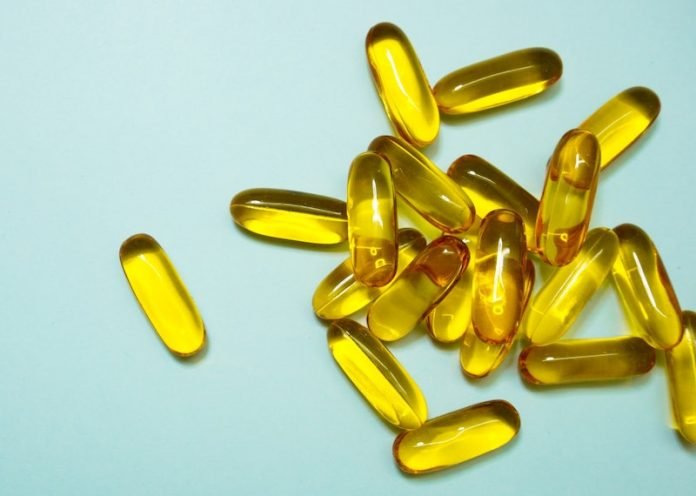
In a new study from Purdue University, researchers found how vitamin D functions to reduce inflammation caused by immune cells that might be relevant to the responses during severe COVID-19.
They found a mechanism by which vitamin D reduces inflammation caused by T cells. These are important cells of the immune system and implicated as part of the immune response to the infection causing COVID-19.
They do not recommend the use of normal vitamin D off the shelf at the pharmacy. No one should be taking more than the recommended doses of vitamin D in an attempt to prevent or combat COVID infections.
Previous studies have shown vitamin D’s ability to reduce the inflammation caused by T cells— inflamed cells in the lung characteristic of the most severe and dangerous cases of COVID-19.
In the study, the team tested how viruses affect lung cells.
They analyzed individual lung cells from eight people with COVID and found that in the lung cells of people with COVID, part of the immune response was going into overdrive, exacerbating lung inflammation.
In normal infections, Th1 cells, a subset of T cells, go through a pro-inflammatory phase. The pro-inflammatory phase clears the infection, and then the system shuts down and goes to the anti-inflammatory phase.
Vitamin D helps to speed up this transition from pro-inflammatory to the anti-inflammatory phase of the T cells.
In patients with COVID-19, the pro-inflammatory phase of the Th1 cells seems not switched off, possibly because the patients didn’t have enough vitamin D in their system or because something about the cell’s response to vitamin D was abnormal.
In that case, the researchers posit, adding vitamin D to existing treatments in the form of a prescribed highly concentrated intravenous metabolite may further help people recovery from COVID infections.
The researchers say that vitamin D—a specialized form of it, not the form you can get at the drugstore—has the potential to reduce inflammation in the test tube, and we figured out how and why it does that.
If you care about inflammation, please read studies about drug for inflammation that may increase your blood pressure, and what you need to know about heart inflammation.
For more information about wellness, please see recent studies about vitamin K that may help cut heart disease risk by a third, and results showing that vitamin D can be an inexpensive COVID-19 treatment.
The study is published in Nature Immunology. One author of the study is Majid Kazemian.
Copyright © 2021 Knowridge Science Report. All rights reserved.



